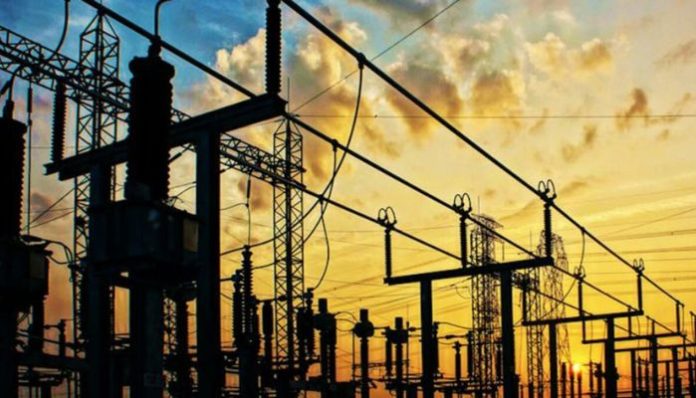Energy expert, Prof. Wumi Iledare, emphasizes that decentralising Nigeria’s power grid is vital to resolving the country’s frequent power disruptions. Speaking on Channels TV’s Morning Brief, Iledare, a Professor Emeritus of Energy Studies at Louisiana State University, explains that the recurring power grid failures are caused by systemic issues such as overloading and inadequate infrastructure.
He clarifies that what is often called “grid collapses” should actually be understood as “trips,” where power lines automatically shut down to prevent overloading. “When excessive demand is placed on a centralised grid, it triggers a safety mechanism, much like a household circuit breaker,” he explains.
Iledare argues that decentralising the grid would help alleviate pressure on the national power system and provide a more sustainable solution. His viewpoint aligns with the Electricity Act 2023, which grants states the authority to regulate their own electricity markets. The Nigerian Electricity Regulatory Commission (NERC) has already transferred regulatory oversight to 10 states, including Lagos, Ogun, and Oyo.
In a related development, Minister of Power Adebayo Adelabu acknowledges the fragile state of Nigeria’s national grid. During the 2025 budget defense session, he identifies security challenges as a key factor hindering the repair of essential transmission lines, particularly in the northern region. While the government works to reduce grid failures, Adelabu warns that power outages are likely to persist until more comprehensive solutions are implemented.
Experts agree that addressing both decentralisation and security concerns is essential for improving Nigeria’s power distribution network.













